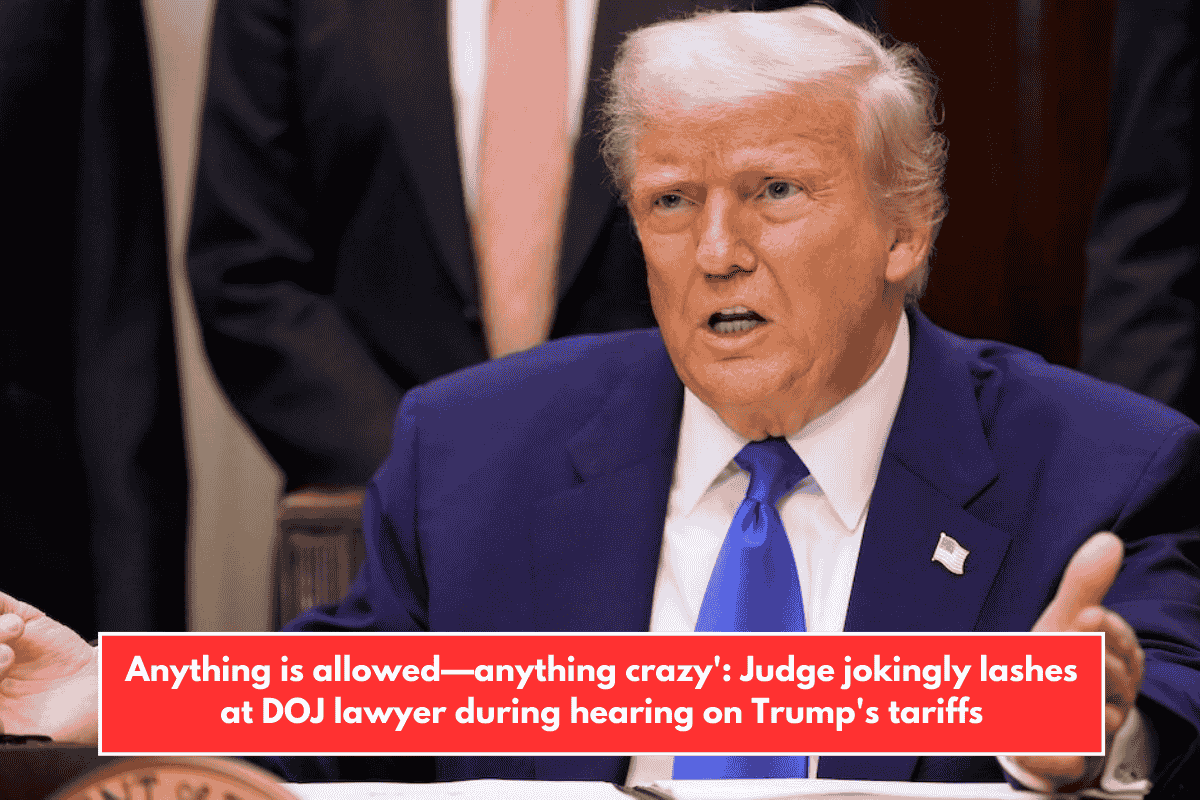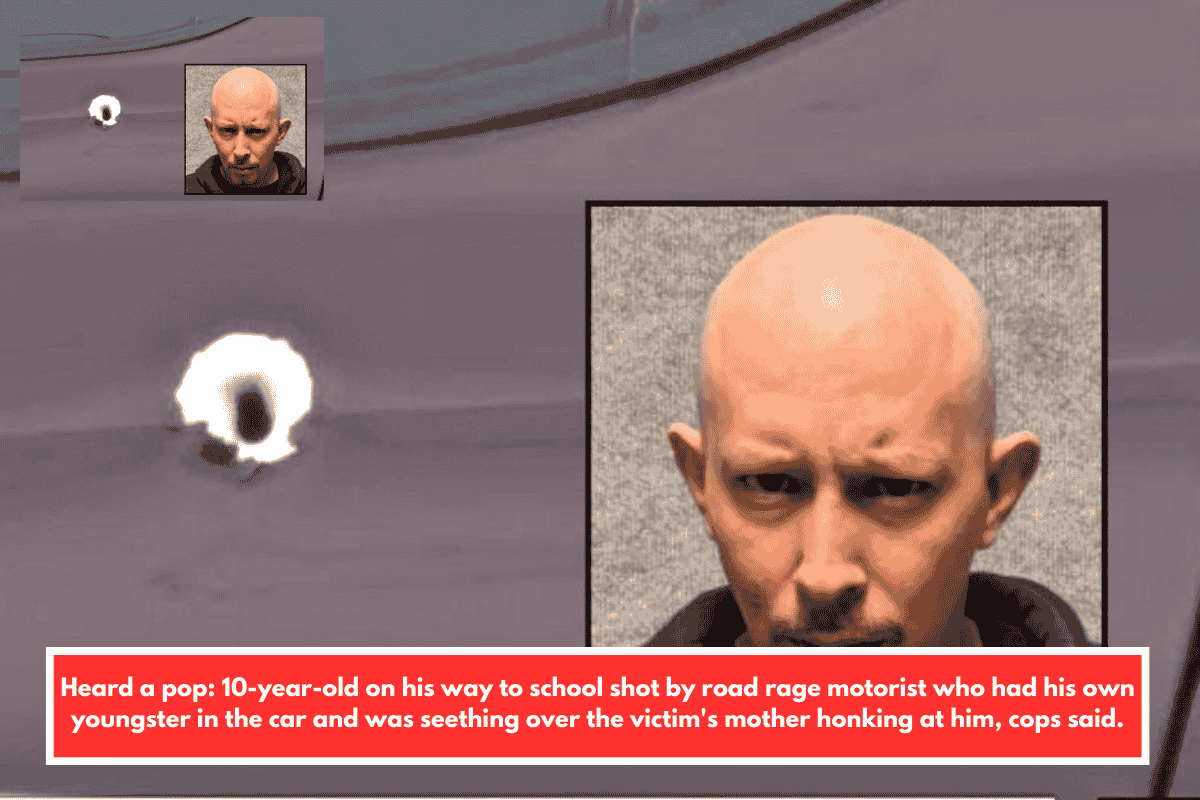New York City – A federal judge strongly questioned the Trump administration’s use of international tariffs during a courtroom hearing on Wednesday, as a coalition of 12 U.S. states, led by Oregon, argued that the tariffs are illegal and unconstitutional.
The case was heard in Manhattan at the U.S. Court of International Trade, a court with special authority over trade-related legal matters. The Trump-era tariffs were introduced under the International Emergency Economic Powers Act (IEEPA), a law originally intended to give presidents the power to respond quickly to foreign economic threats.
DOJ Lawyer Faces Tough Questions from Judge Jane Restani
Brett Shumate, an attorney from the Department of Justice, represented the federal government in court. But he faced stiff resistance, especially from Senior Judge Jane A. Restani, who questioned the legal logic and sweeping interpretation of presidential powers under IEEPA.
Shumate defended the tariffs, arguing that they were necessary for giving the president leverage on the global stage. But Judge Restani dismissed the policy justification, saying:
“It may be a very dandy plan, but it has to meet the statute.”
She further criticised the idea that courts could not review presidential decisions under IEEPA, warning that such unchecked power could allow any “crazy” action to go unchallenged:
“Nothing is so crazy or unrelated that it could be stopped by the courts? … That’s not how our system works.”
States Say Tariffs Are Based on False Emergency
The 12-state lawsuit, filed in early 2024, argues that Trump abused the IEEPA by declaring a national emergency based on routine trade deficits — something the plaintiffs claim is neither unusual nor extraordinary, as required by law.
“A persistent trade deficit is not an emergency,” said Brian Marshall, attorney for the Oregon DOJ. “The president is using IEEPA to bypass the Constitution and rewrite U.S. trade policy.”
In a recent legal filing, the coalition noted that the U.S. has run trade deficits for decades, and that this economic condition is not the type of crisis the IEEPA was designed to address.
What’s at Stake: Executive Power vs. Judicial Oversight
At the heart of the case is the question: How much power should the president have over trade without court review?
Shumate argued that only Congress has the power to check the president, saying lawmakers could repeal IEEPA or take other steps if needed. But Judge Restani pushed back, saying relying on a two-thirds majority in Congress is not realistic in today’s political climate.
She emphasised that courts must enforce legal limits, regardless of political considerations:
“The court can’t decide that, OK, it would be better politically — for the world, for whatever — for the president to do this.”
Could the Court Block the Tariffs?
The states are asking the court to issue an injunction, or legal order, to block the tariffs. Shumate warned this could “kneecap the president” during sensitive international negotiations.
But the court seemed more focused on whether the president followed the law, not on the potential political fallout.
The next court hearing is scheduled for later this year, and the ruling could shape the future of presidential power in U.S. trade policy.
This high-profile case highlights the ongoing tug-of-war between executive authority and judicial review. If the court sides with the states, it could restrict the president’s ability to use “national emergency” declarations as a tool for economic policy. The final judgment may have long-term effects on U.S. trade law and constitutional governance.












